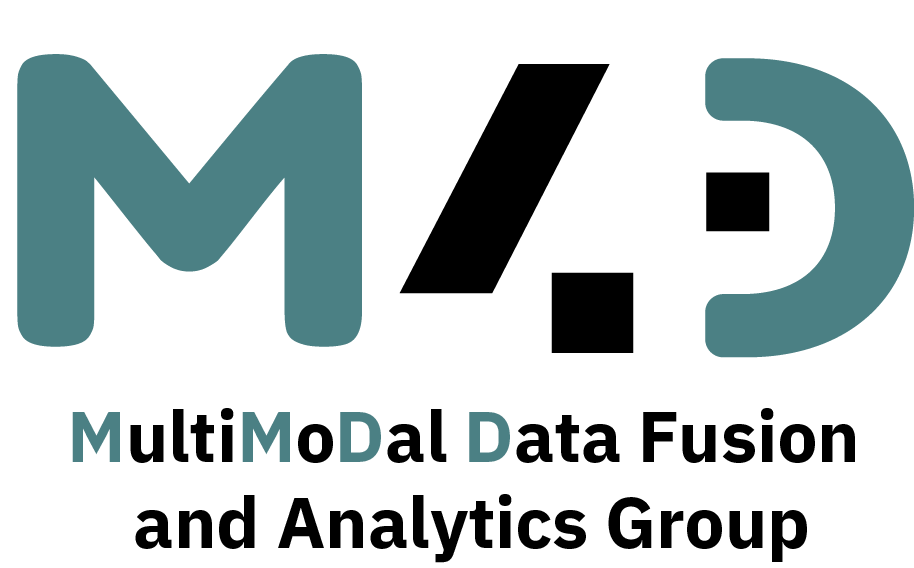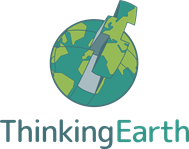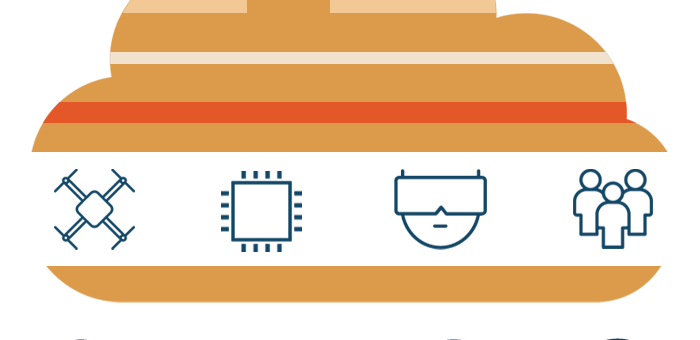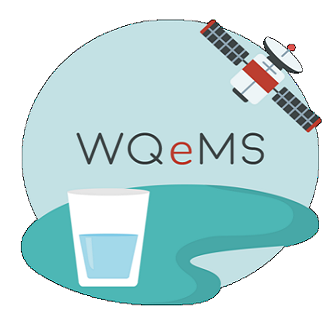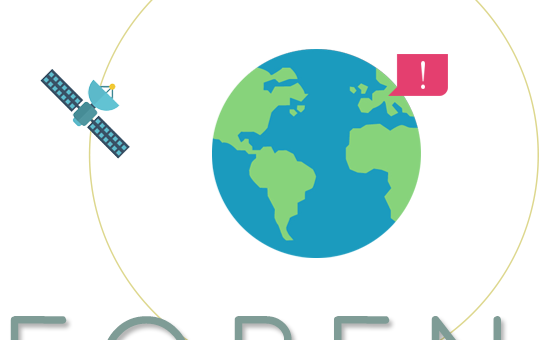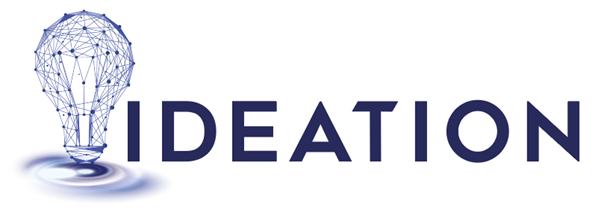
IDEATION
IDEATION InlanD watErs in the digitAl Twin OceaN IDEATION (InlanD watErs in the digitAl Twin OceaN) aims to develop a digital twin of inland waters (rivers, lakes, reservoirs, wetlands, snow, and ice). The project focuses on activities to ensure this digital twin is integrated and interoperable with the Digital Twin Ocean (DTO), creating a unified digital twin of the ocean and waters, thereby addressing the hydrosphere as a whole. IDEATION will rely on cross-border cooperation and the involvement and commitment of stakeholders at the European level by following the Water-oriented Living Labs (WoLLs) approach. Stakeholders will be engaged via Multi-Stakeholder Forums (MSF) using various engagement methodologies, such as focus groups, workshops, interviews, and questionnaires, tailored to the goals of the engagement and the context specificities. A comprehensive review will be…
